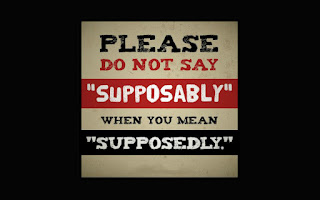I found out from the Emergency Room doc--after I had fallen 3 times in 2 days from the lack of power in my stroke-disabled, weak leg--that I tested positive for COVID; me, who is basically a shut-in while pandemic surges forth.
So I had to go to a rehab facility for the falls, to once again reclaim the strength in my feeble leg. Because of the COVID, once they found one that would even ACCEPT COVID patients, I went. Three days after I was there, I really thought that the time had come for me to die. At 2 am, I wrote my sons burial instructions and some relevant memories of all three of us as my breathing was impeded by the enormous congestion.
At 6 am, the tide had turned. I slowly became less congested in the weeks to follow. But I was still positive. Everybody--the CNAs, the nurses, the doctors, the therapists, the clinical social worker--who entered the room wore a long gown that hovered above the floor. Nobody knew why when I asked them. They had face shields and N-95 masks, and I started to feel like pariah, diseased and isolated.
After the third week, I was tested again, and it was negative. Off came the workers' gowns, off came the face shields. But they still wore N-95 masks. I had to wear a mask when I exercised in the hallway. But some other patients in the hallway were maskless. I didn't understand why nobody told them!
It was a clusterfuck for sure. I didn't say anything to those patients, escalating their misery to have gone to rehab in the first place. But why didn't the CNAs or the nurses say something about their maskless faces? I understood the answer after a few seconds on thinking about it. NO ONE, EVEN THE SUPPOSED EXPERTS AND RESEARCHERS, KNOWS THE ANSWERS!
As Jimmy Dore, my favorite podcaster, says, "You're all going to get it [COVID]." The vaccinated usually would feel less of the symptoms longterm, but Dore who was vaccinated still feels awful after the 2nd Moderna jab, has joint pain, and still experiencing a stiff neck on same side the shot was administered.
I'll say it again: NO ONE, EVEN THE SUPPOSED EXPERTS AND RESEARCHERS, KNOWS THE ANSWERS! You just have to live with it, whatever the consequences are. Or not.















